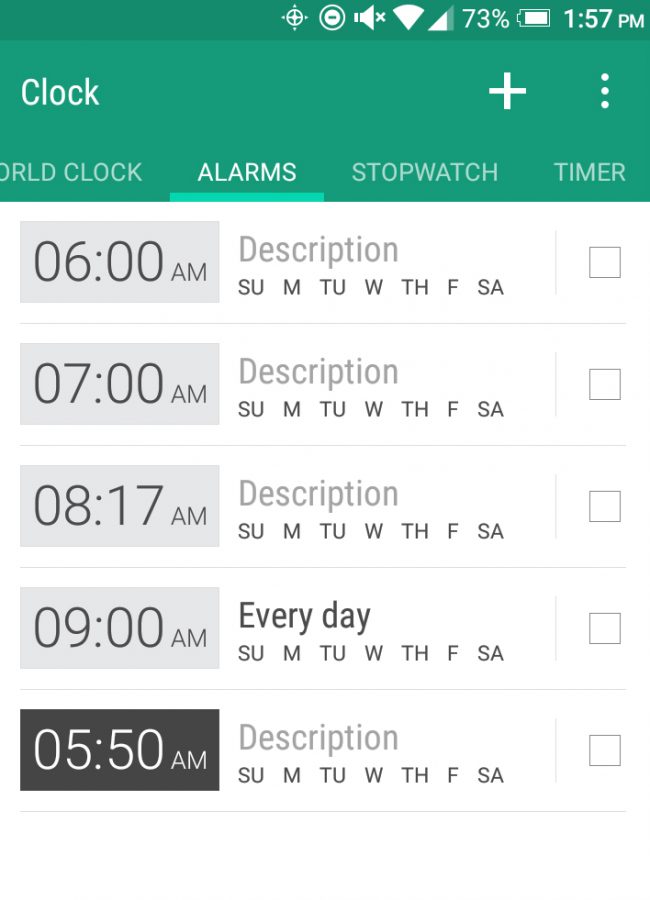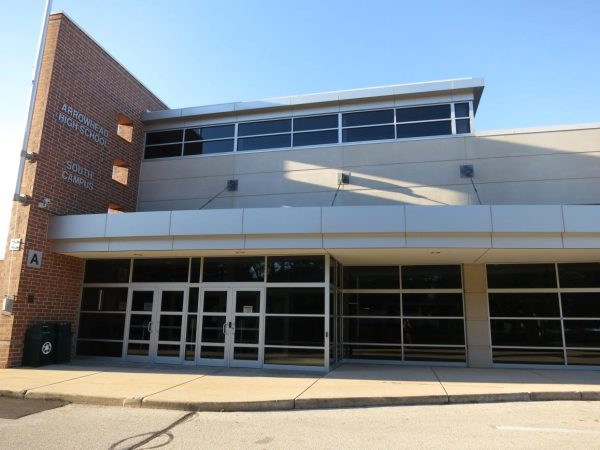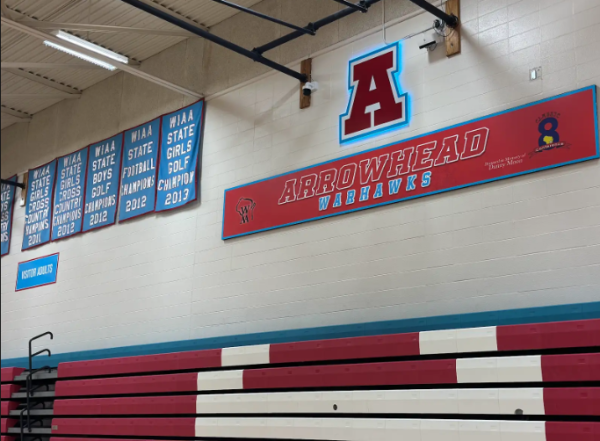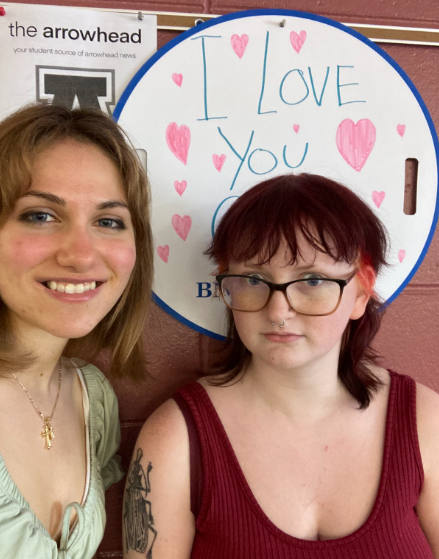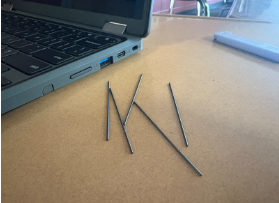Teenagers Need More Sleep
Students need sleep to be able to function properly every day, according to the National Sleep Foundation. The average amount of sleep teenagers need is eight to ten hours. But the average teenager gets around seven hours.
If a student is fatigued, they will not be able to learn or study as well as they would when they get a full eight to ten hours. Why aren’t they getting the sleep they need?
The National Sleep Foundation says cell phones at night are not a good thing. When a teenager is looking at a phone and then going to bed, they won’t be able to sleep because of the source of light so close to their eyes. The eyes are still busy processing the cell phone’s blue light. The light from the phone tells the brain that it isn’t time to sleep yet, causing the teenager to lay in bed, unable to sleep.
“I would tell students who can’t sleep to try observing their sleep patterns. I move my legs around during the night and sometimes it can wake me up.” Says Germantown student, Colt Steffen. “Also make sure that you are not too cold or too hot. This can bother me sometimes and I won’t be able to get comfortable. This makes me really tired throughout the night. Then, in the morning, I have trouble getting up because I’m didnt get enough sleep.” Says Steffen.
School hours also play a role in sleep deprivation. Studies done by the National Sleep Foundation proved that schools that start later result in students going to bed at least one hour early. These students are more caught up on sleep than the students whose schools start early. This study also proved that students who can get up a little later are better able to show up on time. These students were also more alert and had better moods in the morning. They were less depressed and felt less need to visit the school nurse or counselor.
There are different sleep disorders and habits that can disrupt sleep patterns. Teenagers can develop bad sleep patterns that can make it harder to sleep throughout the night. There are also things like sleep apnea. This is a disorder where the airways in people’s lungs widen and there is a constant snore through the night.
There is also a disorder called sleep insomnia. This is where the person is unable to sleep due to the brain not wanting to shut down for the night. Someone with sleep insomnia will not be able to sleep almost all night. There is restless leg syndrome, which is when someone feels the constant urge to move or shift their legs throughout the night, ultimately keeping them from a healthy and deep sleep.
If someone is getting into a bad sleeping pattern, they may start to get a disorder known as narcolepsy. Narcolepsy is a disorder in which a person will encounter overwhelming drowsiness throughout any point in the day. It happens when someone is in a somewhat relaxing state.
“I sometimes can’t sleep. I always thought that I had sleep insomnia.” says Steffen
“I would be up a night with nothing to do, just trying to get sleep. I ended up getting really tired and developing a really odd sleep schedule. To this day I still have some troubles sleeping at night,” says Steffen.
If a teenager is not getting enough sleep, they will be unable to listen and pay attention in school. They will be unable to concentrate or learn information. It also can make people forget certain names of people close to them or important dates they may need to remember.The students who get more sleep are the ones who are better able to pay attention in class and get better grades. They also show a better attitude towards family members, friends and teachers throughout the day. They also get better grades with more sleep.This was all proven by the national sleep foundation.
“I have been trying harder and harder to sleep because the doctor says I need about eight hours of sleep when I’m getting about five hours currently,” Steffen says.
